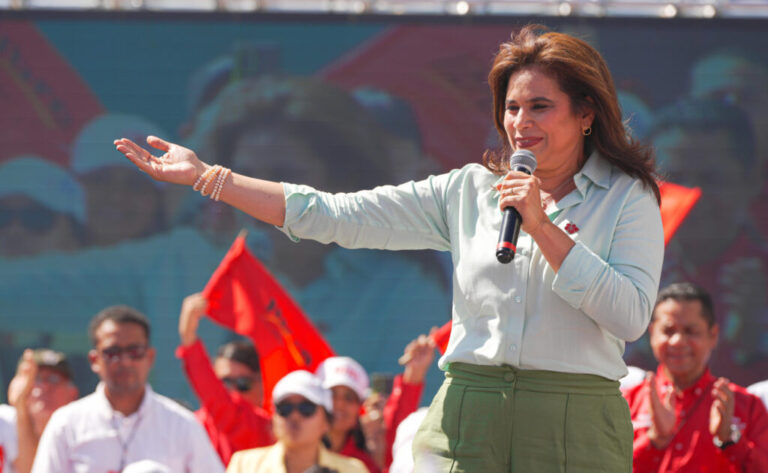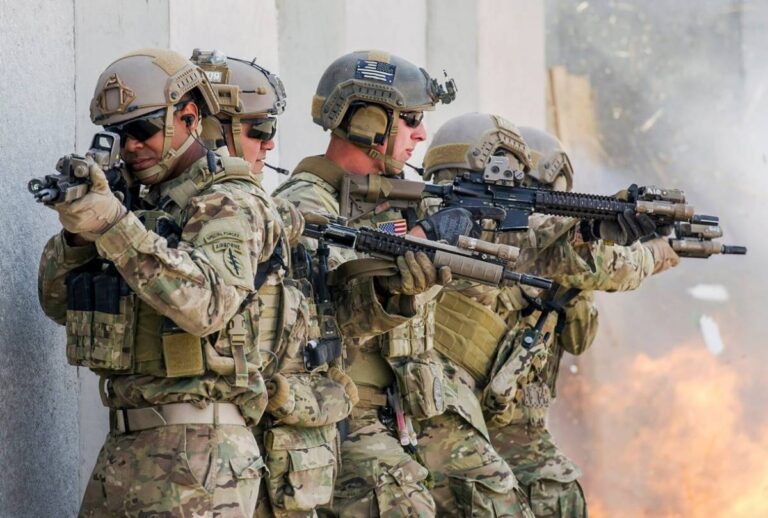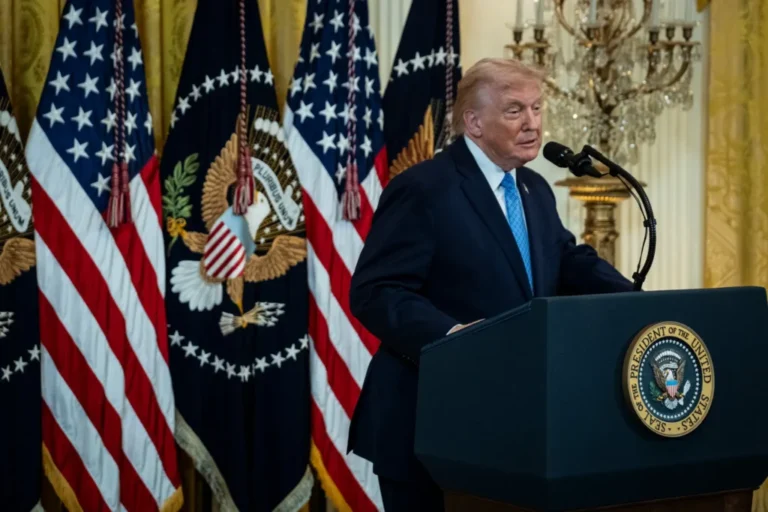INTERNATIONAL
The threat of a coup in Honduras
Leaked audios reveal plan to sabotage electoral process and impose US-backed candidate

A few days before the November 30 general elections, Honduras is going through a decisive moment marked by a dispute that goes beyond the electoral arena and exposes the persistent tutelage of US imperialism over Latin American politics.
The most recent episode of this escalation occurred during the simulator of the Preliminary Electoral Results Transmission (Trep) system, carried out by the National Electoral Council (CNE). The test, essential for measuring technological capacity ahead of the elections, ended in serious failures in both satellite transmission and private data channels. For Libre’s presidential candidate, Rixi Moncada, the result was not a mere technical accident, but evidence of a premeditated plan: an electoral sabotage scheme articulated by sectors of the opposition and by advisors linked to the old bipartisanship, with the aim of manipulating the transmission of votes and altering the final result of the polls.
The accusation gained strength after the revelation of 26 audio recordings handed over to the Public Prosecutor’s Office, in which deputies and electoral advisors openly discuss the strategy of declaring Salvador Nasralla, the preferred candidate of US imperialism, the winner, regardless of what the polls indicate. The plan would rely on popular reaction to justify the annulment of the elections and the imposition of a new date, with the explicit support of the United States and with “tools” already provided by the US embassy.
Nasralla, who has not campaigned on the ground and spent much of the pre-election period traveling to the United States and Spain, has presented himself as the key player in a project that seeks to restore the aggressive neoliberal order of the years following the 2009 coup. In recent statements, he went so far as to publicly suggest that the US military fleet in the Caribbean should be deployed to Honduran shores to “impose order” if he didn’t get a favorable result.
This scenario goes back to the long history of interference in Honduras. The country is home to Soto Cano Air Base, the headquarters of Joint Task Force-Bravo, the main US military platform in Central America.
The government of President Xiomara Castro, the first nationalist leader to come to power after the 2009 coup, has begun a series of reforms aimed at reversing privatist policies. The candidacy of Rixi Moncada, who promises to continue this policy, has become the main target of sabotage. There is no shortage of open threats to the country’s stability: from insinuations from military sectors aligned with the US Southern Command to attempts to create a sense of chaos in order to justify “extraordinary” interventions.



